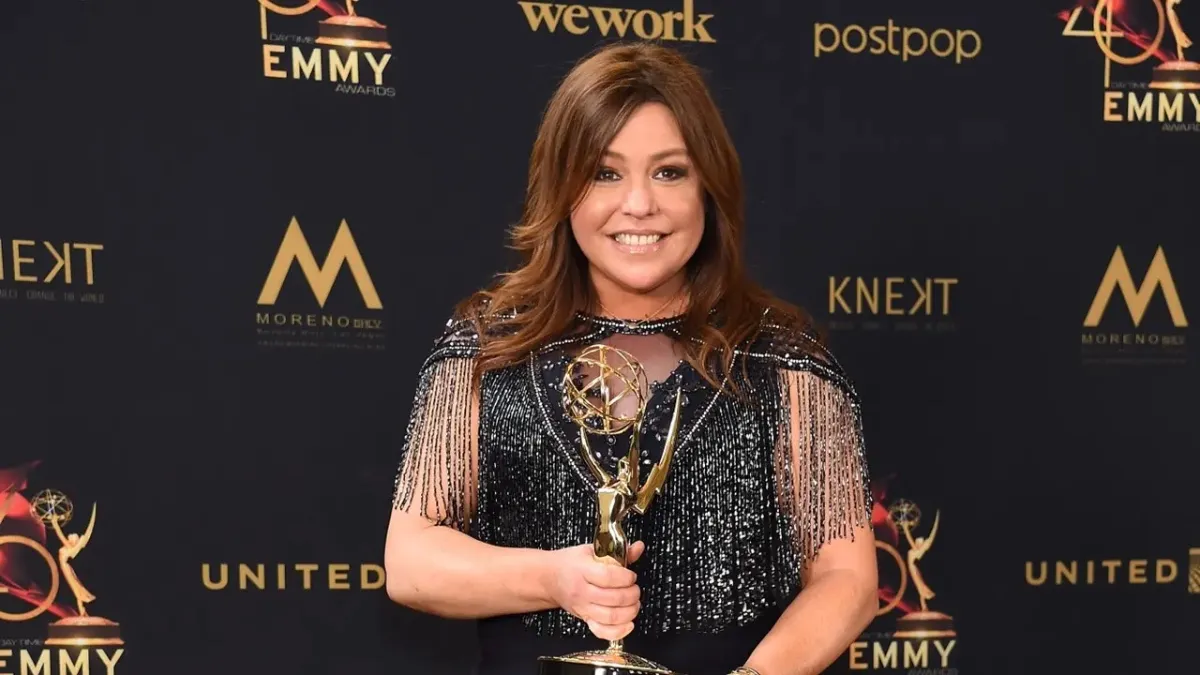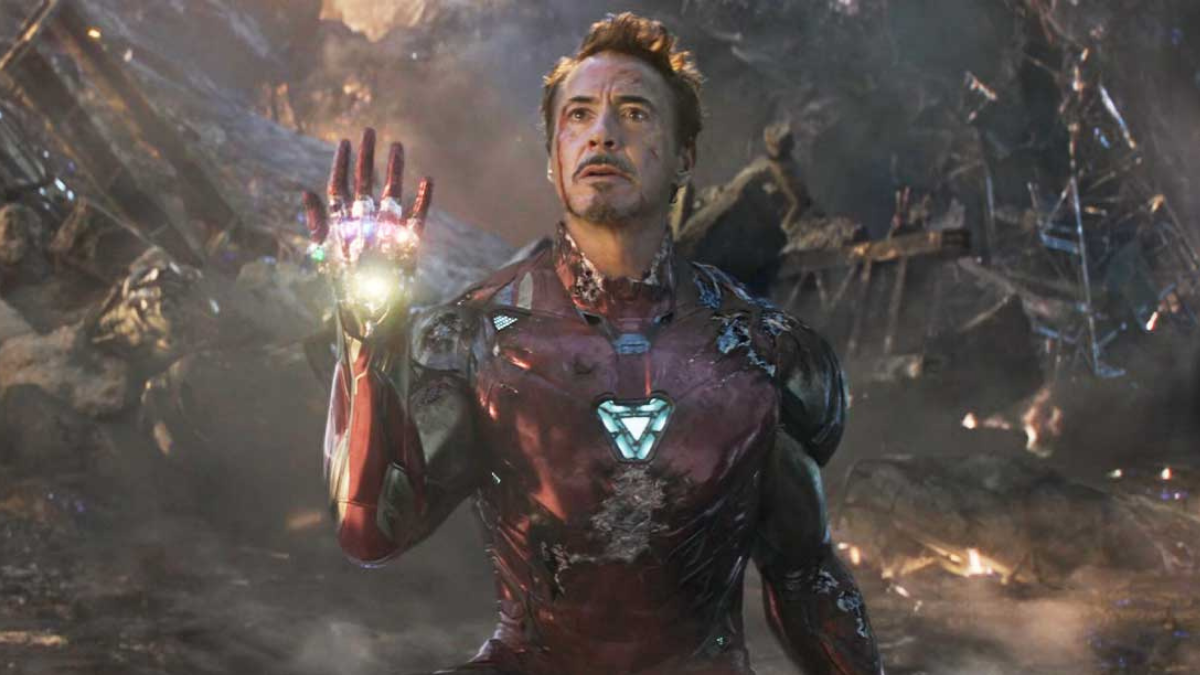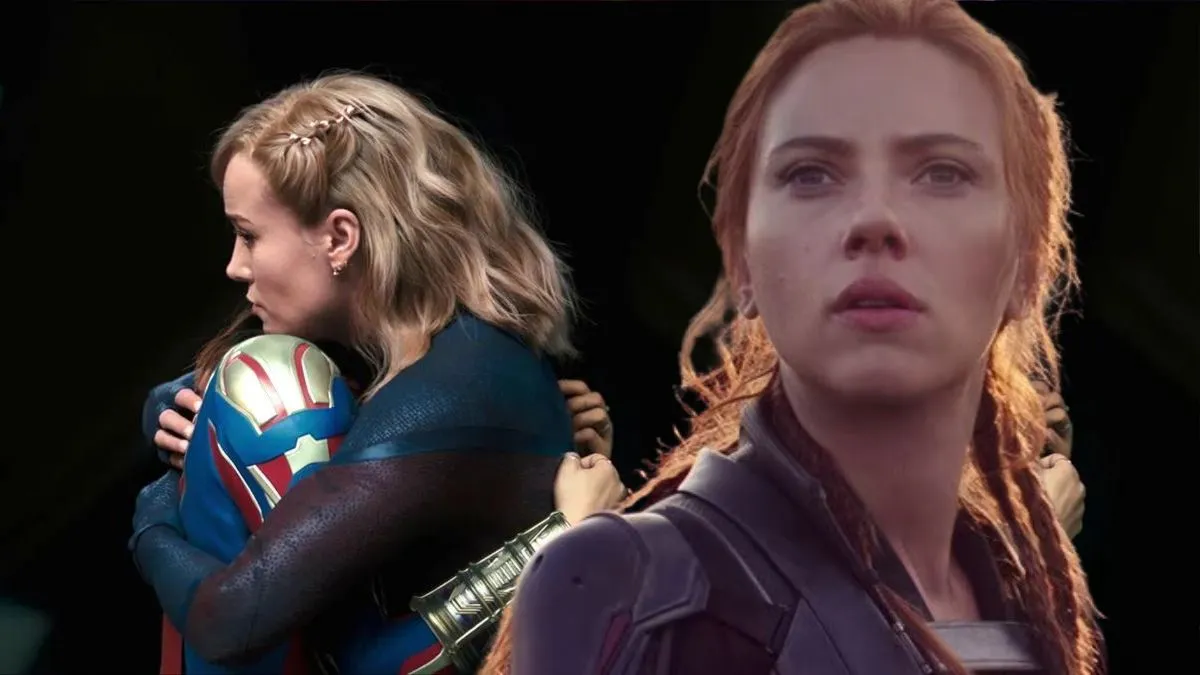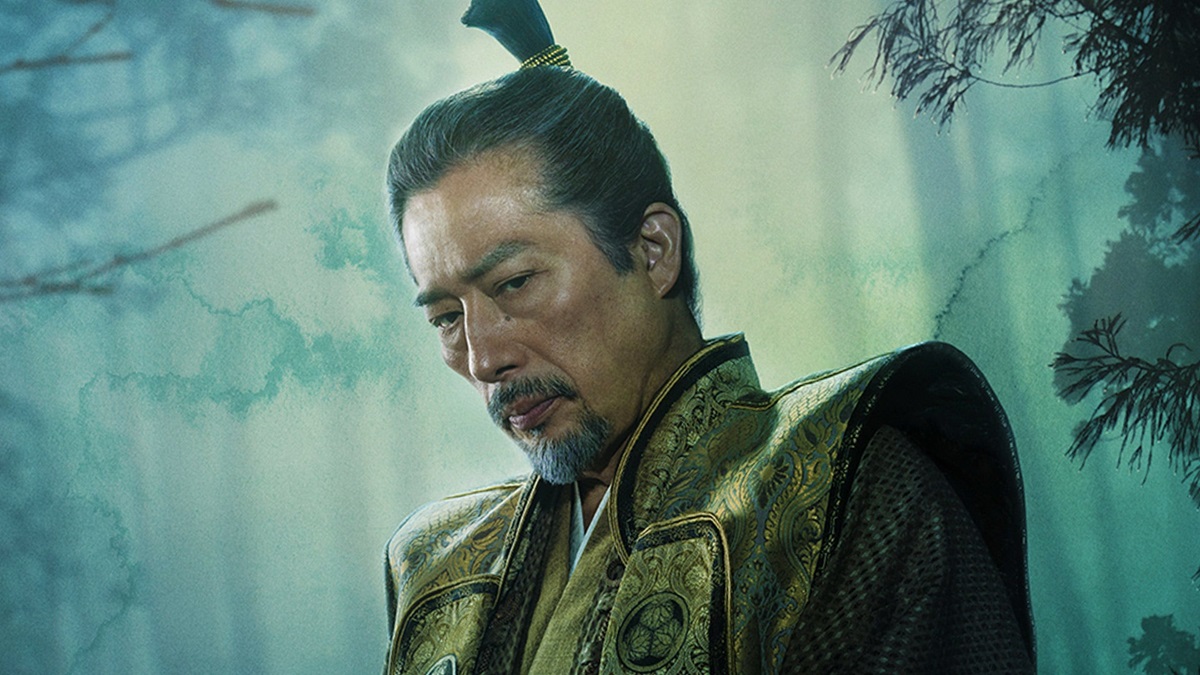
All ten episodes were provided prior to broadcast.
Rural, small town crime dramas have become a genre unto themselves over the past few years, recently epitomized in the largely flawless second season of FX’s adaptation of Fargo. Although the beats remain the same, it’s hard to argue against the viewer satisfaction that comes from witnessing cataclysmic events ravaging a traditionally pristine, podunk town in some godforsaken stretch of the country.
In adapting the Norwegian drama “Øyevitne” into its own small town crime spree serial, USA ends up with Eyewitness, a show about a big city cop (Buffalo, New York being the big city) who decides to wind down the rest of her career in the middle of nowhere (Tivoli, New York being the middle of nowhere). It’s languid and gloomy and so clearly attempting to do effortless noir on the level of AMC’s The Killing that it hurts the show, nearly beyond redemption, for approximately three episodes. And then it expands, and grows, and finds its footing in an engaging crime story-slash-family drama that percolates and gestates in a satisfyingly adult way, ultimately leaving way more of a lasting sting than its bad first impression would have you believe.
“Just get through the first three hours” probably isn’t the best recommendation for a TV show (or anything, really), but it’s hard to overstate Eyewitness‘ fumbling out of the gate. It starts when Philip (Tyler Young), a foster kid from Manhattan, begins seeing Lukas (James Paxton), a closeted, self-hating motocross jock from Philip’s new town of Tivoli, New York. The two keep their relationship a secret amid fear of homophobic backlash from their rural small town, mostly represented in Lukas’ panic that his alpha male dad might find out he’s gay. Or, well, sort-of gay, as he tells Philip, “I’m not gay like you,” when the comfortable-in-his-own-skin city kid tries to make moves on Lukas at a secluded cabin in the woods.
He succumbs to Philip’s advances, but their tryst is cut short with the central hook of Eyewitness: some mysterious gang members show up at the cabin, three of them end up dead, and a fourth catches a glimpse of Philip and Lukas before the latter kid knocks him unconscious. Because telling Philip’s foster mom, local Sheriff Helen (Julianne Nicholson), that they witnessed the murders would out both boys, they make a pact to tell no one about what happened in the cabin. Of course, that means the menacing survivor of the shootings (Warren Christie) knows that someone saw what he did to the other men, and will stop at nothing to find out who he has to silence before he gets caught.
If that sounds rudimentarily unexciting, it’s because it very much is. The setup of the show is functional without a whiff of originality or a deft grasp of fluid dialogue. I’m not one to beat a dead horse, but much of the out-of-the-gate problems begin with director Catherine Hardwicke’s suffocatingly glum direction, which makes an otherwise serenely beautiful upstate New York as gloomy as Hardwicke’s Twilight aesthetic. That’s perhaps narratively logical (Helen doesn’t understand everyone’s love for the idyllic countryside), but nevertheless visually indistinct. Then, there’s a one-two punch of ham-fisted dialogue delivered by occasionally wooden performers who can’t quite contribute to the stakes required for a life-and-death crime saga.
“It’s never gonna stop, is it Philip?” Lukas bemoans early in the season, “All this killing. It’s never gonna stop.” Young and Paxton have winning, fuck-everything-else chemistry in their first love storyline, but with a few cringe-y deliveries like that one, Paxton is the unfortunate weak link in the main cast. He’s not helped by creator Adi Hasak’s repeatedly blunt dialogue that draws giant red arrows to the way his characters are thinking and feeling (one of Helen’s self-help parenting audiobooks is a narrative device trudged out over the entire season), undercutting what is otherwise a welcomely honest depiction of two gay kids dealing with the things gay kids still have to deal with in small town America in 2016.

That obviousness bleeds into its subplots as well, which corral in drug-running biker gangs, a frenemy FBI agent, Kamilah (Tattiawna Jones), for Helen, a nearby FBI sting operation that might be linked to the slaughter in the cabin, Philip’s addict mom, Anne (Carlyn Burchell), who’s going through rehab to get custody of her son back, and the widower, Sita (Amanda Brugel), of a man slain in the cabin who’s doing everything she can to protect her young son, even when that means placing her small family in the center of increasingly turbulent events. The show, despite an overall relaxed visual style, is similarly breathless, and the first few hours are simply trying to do too much at once, failing at most of it, and undermining what otherwise could have been shocking turns with aggressively predictable foreshadowing.
And then it takes a turn. A gruesome flashback shifts the season into uncommonly addicting territory, unearthing and peeling back the layers of its lead characters with a satisfying twinge of pain. As the emotional backbone of the show stiffens into hardened stuff, its crime drama ignites as well. This is the kind of mystery whose questions are readily solved for the viewer, but left unanswered for the lead characters, but Eyewitness finds a middle ground that makes Helen’s cat-and-mouse hunt for the person we all know who did it repeatedly compelling. It’s a hard balance to make (Helen could have easily come off as a dupe), but as a major win for Eyewitness‘ back half, Nicholson’s performance ensures that Helen is anything but stupid.
On the contrary, as the reason for her specific arrival in Tivoli comes to brutal light, Nicholson gets easier and easier to place near the level of Mireille Enos in The Killing. Her obsessiveness isn’t cliché, it’s damned earned by an emotionally gripping finale, and her back-and-forth love/hate affair with foster son Philip is probably the biggest selling point of Eyewitness. She agreed to take Philip in at the request of husband Gabe (Gil Bellows), whose family kept foster kids when he was growing up, but her past makes it difficult to separate work from home life. Original? No. But when Gabe cuts her down to size half way through the season – “You might be solving the murders, but you’re tearing this family apart” – it solidifies Hasak’s eventual ability to work deftly within the confines of a box laid before him by many other writers.
Likewise, Young lends the central romance of Eyewitness a compelling heart. He has perfect, moody teenager interactions with Nicholson and Bellows, and his teetering acceptance of the two fuels the show’s fizzy family drama. Bellows plays Gabe with an unending well of endearment, making it easy to believe Philip would begin to open up to him over Helen, who says she’s accepting her new family unit but always seems to have a phone call to answer from her partner/Eyewitness secret weapon Tony (Matt Murray). All the characters essentially support a running theme in Eyewitness: what can initially be perceived as broad cliché (a closeted jock, a PTSD cop, a boring small town), actually hides a dark, unfathomable truth, no matter how easily categorized.
As the show goes on, Young and Paxton’s interactions gain more of a believable honesty than the first, headline-ready glance, infusing the boys’ burgeoning relationship with a literal life-and-death backdrop that turns the last three or so episodes into an addictive blur. Although he grates in some of the show’s heightened dramatic scenes, Paxton serves the script when it’s needed most, fortunately, making Philip and Lukas’ more quiet moments intimate and believable.
At its core, Eyewitness is a simple metaphor for the strain a relationship can face (maybe not even a gay one) when one person is unable to commit, and these characters’ deeply human, soap-ready, world-ending teen romance is only more and more heightened by the show’s rated-mature, cable crime antics.
If one thing can stand fault throughout Eyewitness, it’s the somewhat baffling tendrils of the actual crime that Philip and Lukas witness. The big pieces fit, but the smaller swathes of the story lead to a lot of “what was the point of that?” once everything is said and done, resulting in a resolution that’s cogent (big plus) but also dull. For a crime show, that’s not great. It doesn’t detract from the laudatory course correction that happens in the show, or from the surprisingly memorable characters who occupy its ten hours, or from the occasionally out-of-nowhere dips into nuttiness that either stoke the flames of the show’s accelerating addiction, or at least provide reprieves from early-hour boredom. Is it a game-changer? Not in the slightest, but it is satisfying, and it has characters that feel as real as truth, and at the end of its scant ten episodes, its overblown, awkward beginning feels comparatively unimportant in the context of a series that tackles big issues on a small scale as juicily and successfully as this.






